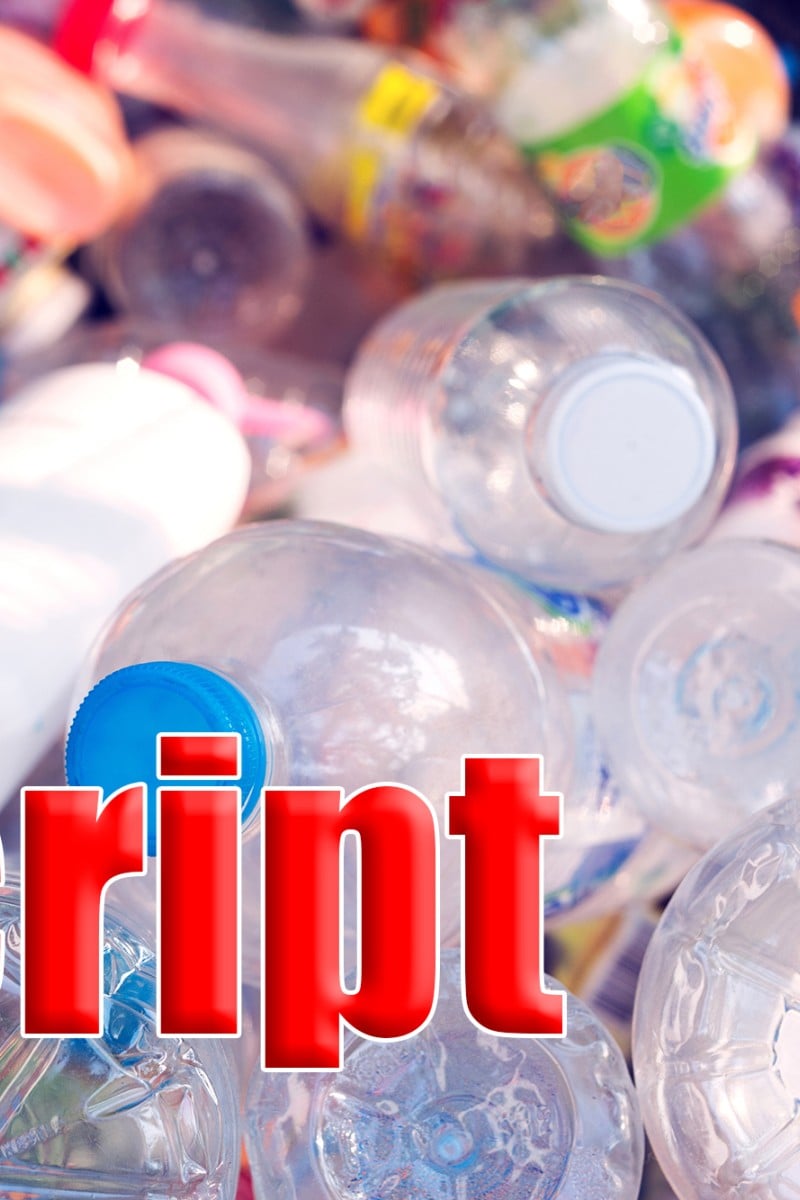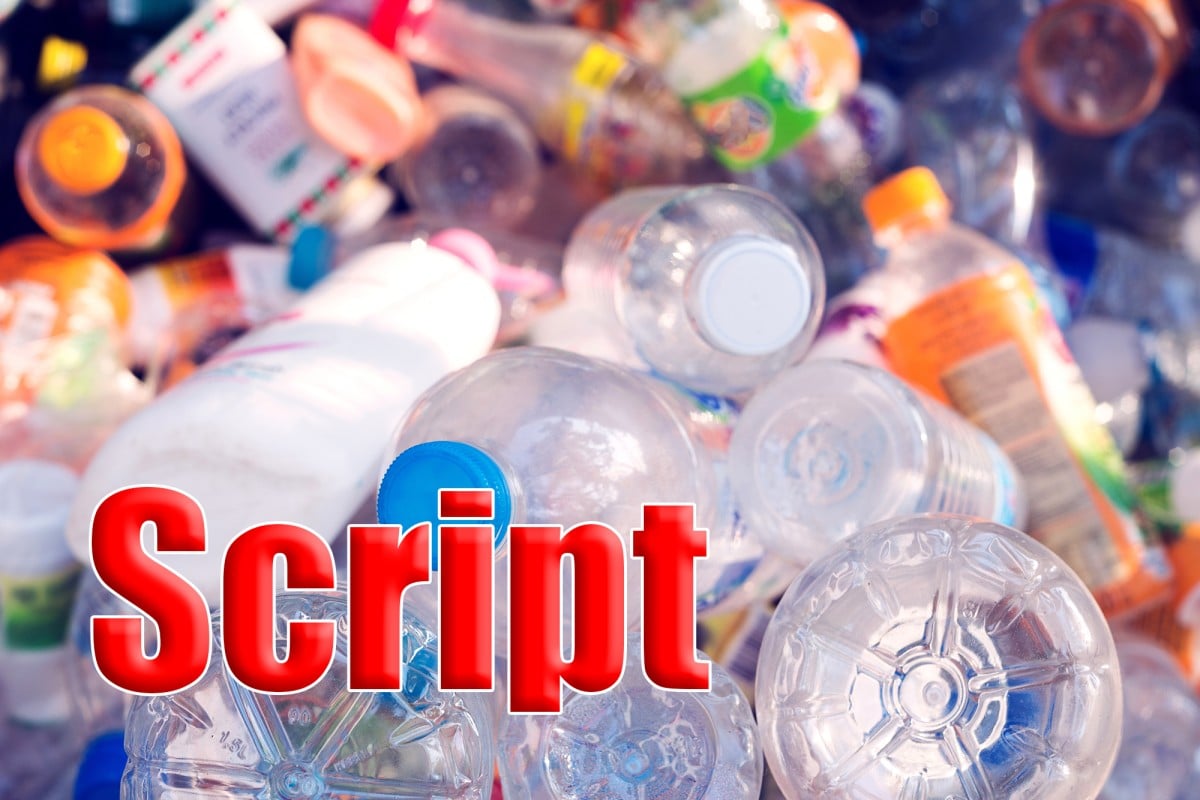
SCRIPT: The problem with plastic [March 28, 2018]
Published:
Listen to this article
Plastic waste is a huge problem for us all
John Millen |
Published:
Comment

Voice 1: Plastic is a man-made material that, over the last fifty or sixty years, has changed the way we live. Plastic as we know it has only been around for about half a century; very few other things that man has invented have made such an impact on our world.
Voice 2: Whatever would we do without plastic? Our daily lives would simply not be the same. Plastic has changed everything from the clothes we wear to the things we buy for our homes.
Voice 1: It has changed engineering, manufacturing and product design and packaging. It has changed what we eat and the way we eat it. And all these things take advantage of one of the great qualities of plastic - it lasts for a long time - a very long time - and is very difficult - if not impossible - to destroy.
Voice 2: The long-lasting qualities of plastic were originally seen as the material’s greatest advantage. But sixty years ago, did anyone think ahead? If something lasts a long time and is virtually indestructible, how do you get rid of it when there are mountains of this stuff everywhere?
Voice 1: Plastic is now seen as an enemy of our planet. Marine life, in particular, is suffering from the millions of tonnes of plastic waste that ends up in our oceans every year. The United Nations Oceans Chief, Lisa Svensson warns, "This is a planetary crisis ... we are ruining the ecosystem of the ocean."
Voice 2: Experts tell us that nearly all the plastic ever created by chemical companies still exists in some form or another today. An estimated 8.3 billion tonnes of plastic have been produced to date. Some of it is still in use, but, as of 2015, approximately 6.3 billion tonnes of plastic have been thrown away. Thrown away where?
Voice 2: About nine per cent of the plastic waste we have generated over the years has been recycled. Twelve per cent has been burned. And seventy-nine per cent has ended up in landfill sites, or been thrown randomly into the street, countryside, and into rivers and oceans.
Voice 1: The vast amount of plastic waste is caused by modern life, where plastic is used for many "throwaway" or "single-use" items such as drinks bottles, nappies, packaging, cutlery and cotton buds. More than four-hundred and eighty billion throw-away plastic bottles were sold globally in 2016. That is a million bottles per minute, or twenty thousand per second. [Snap]. Another twenty thousand plastic bottles have just been sold.
Voice 2: Less than half of these are collected for recycling, and only seven per cent are actually turned into new bottles.
Voice 2: It is estimated that ten million tonnes of plastic waste ends up in the ocean every year. Sea-birds and marine creatures such as turtles, seals and dolphins cannot tell the difference between plastic, and the jellyfish which they eat. Plastic damages the digestive systems of whales and sea birds, and can kill them.
Voice 1: Tiny particles of plastic are often found in fish that are sold to cook or to make sushi and sashimi. Authorities are beginning to warn of an increasing risk to human health and food safety from the plastic pollution that is ending up in the human food chain.
Voice 2: Now is the time for us all to re-think plastic and do something about it before is too late - before this one-time miracle material damages us and our planet even more than it is already.
Sign up for the YP Teachers Newsletter
Get updates for teachers sent directly to your inbox
By registering, you agree to our T&C and Privacy Policy
Comment
Sign up for YP Weekly
Get updates sent directly to your inbox
By registering, you agree to our T&C and Privacy Policy